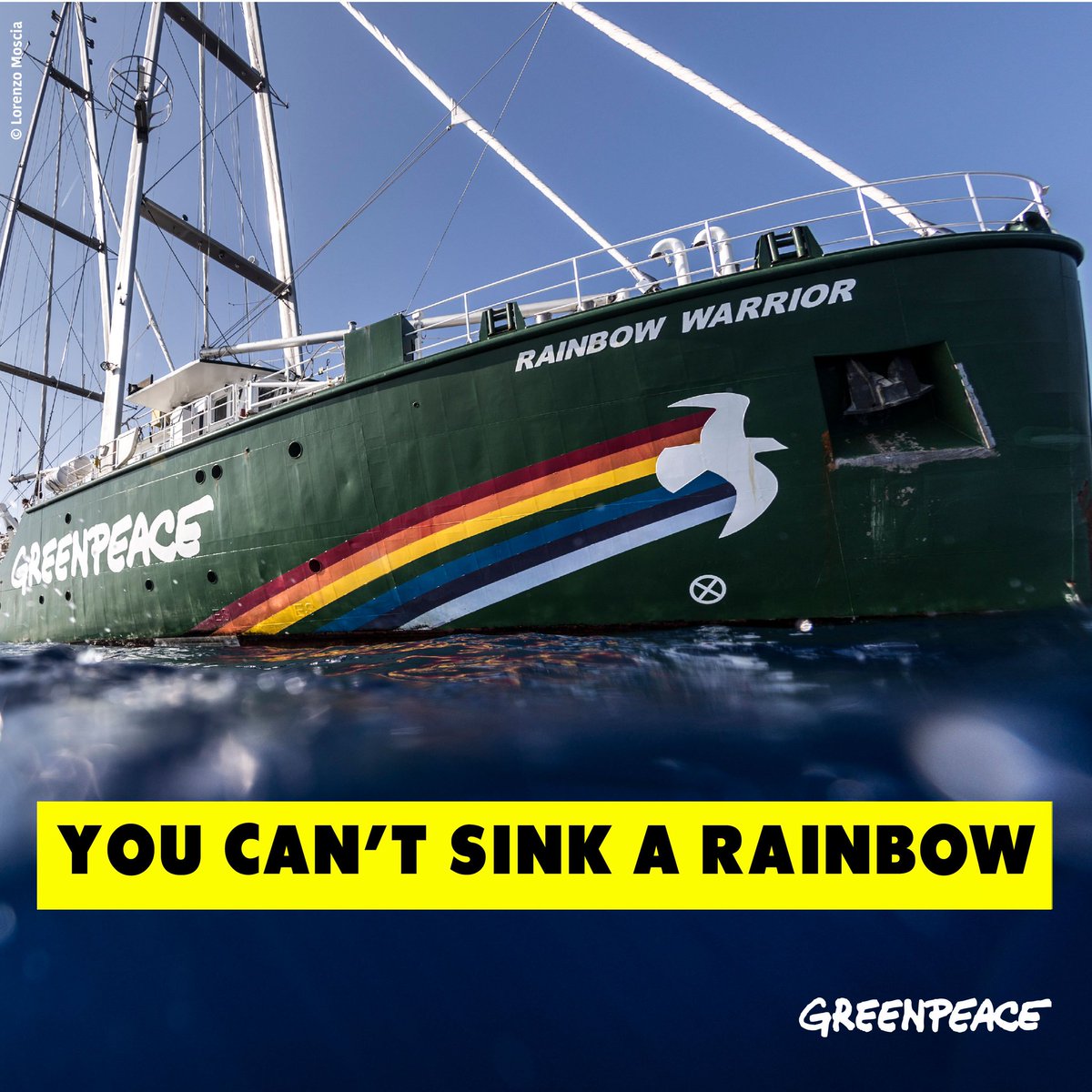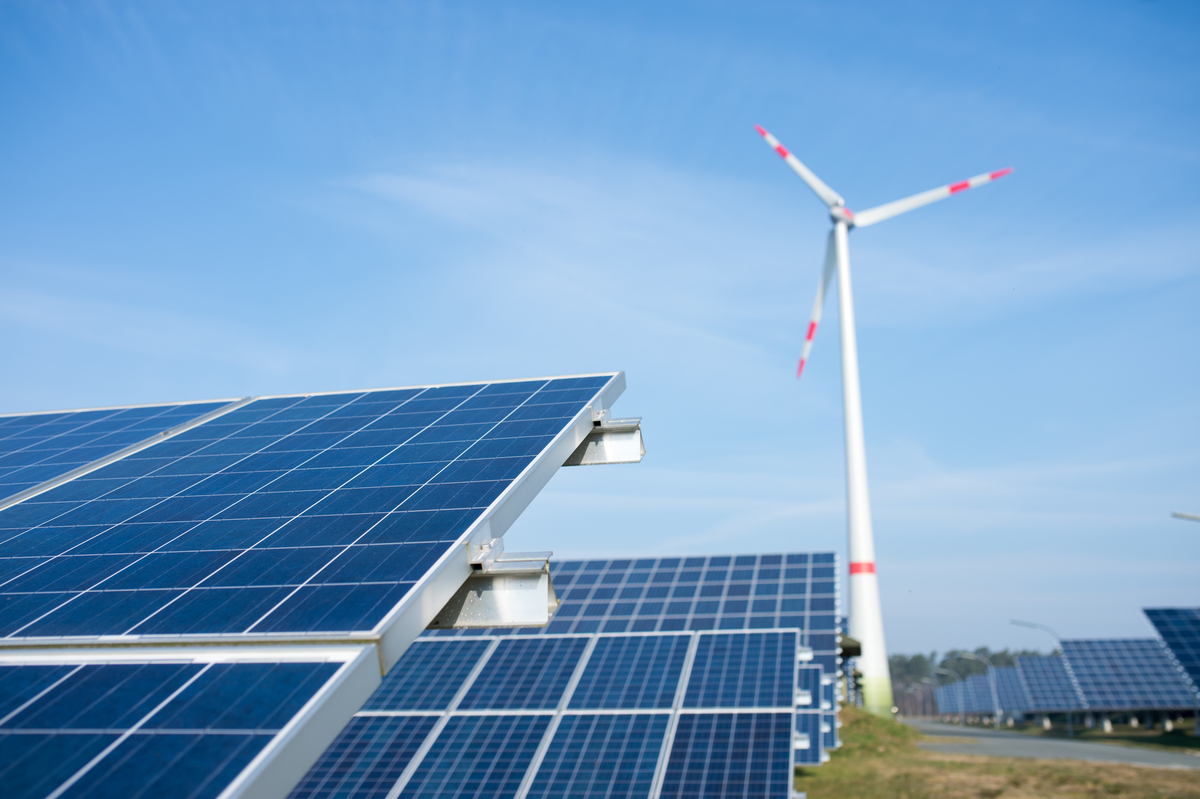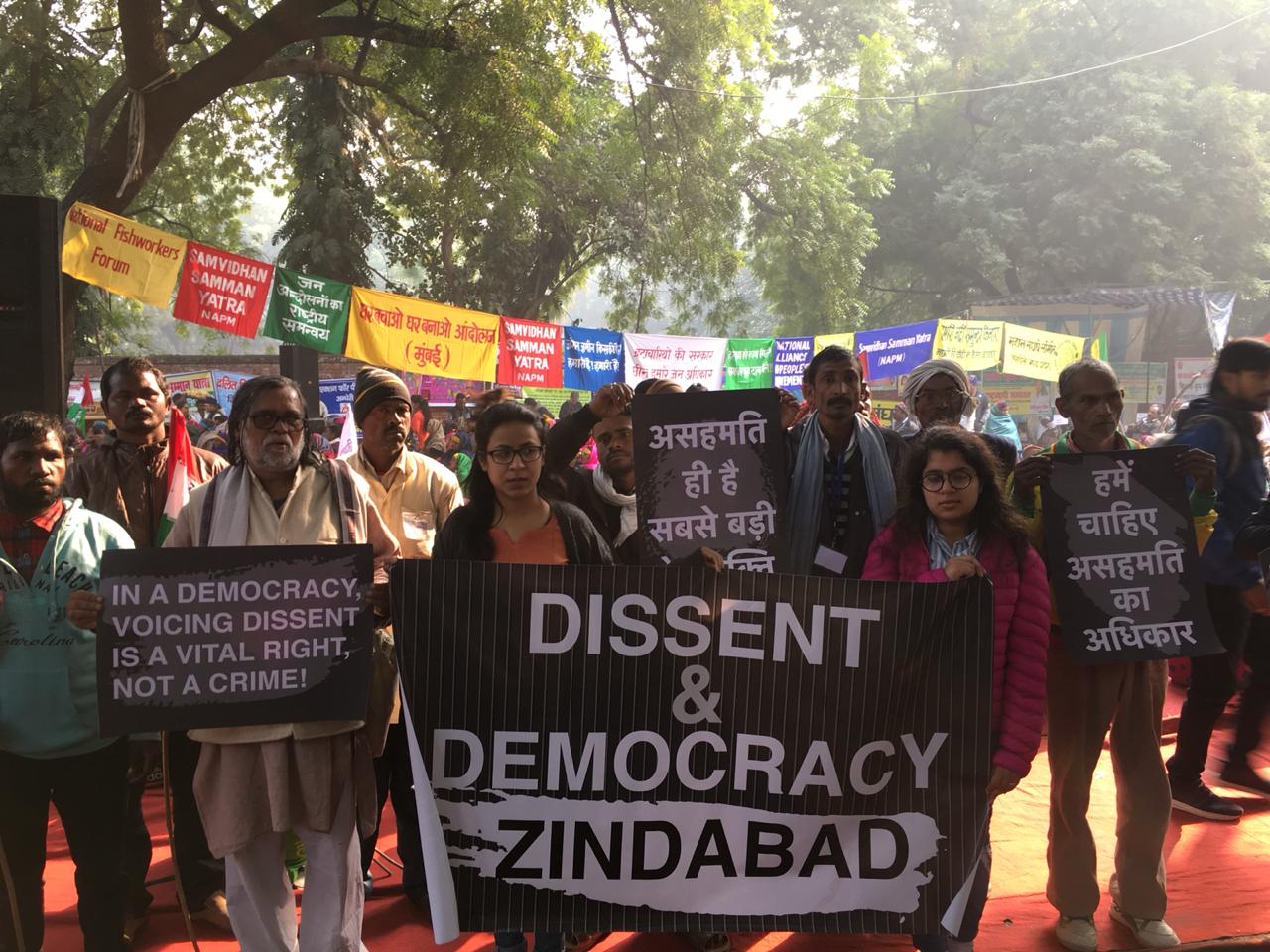IPCC report points to stark choices ahead, but reason for hope and action – Greenpeace
Incheon, Korea/ New Delhi| 8 October 2018| The Intergovernmental Panel on Climate Change (IPCC) today revealed the massive and urgent task ahead of us to limit global warming while also providing a clear blueprint in order to achieve it. With an ambitious target of 175 GW of Renewable Energy by 2022, India can indeed help in keeping global temperature rise below 1.5 Degree Celsius, but at the same time India’s needs to relook at its future energy investments into coal and oil.
The IPCC’s Special Report on 1.5 Degrees Celsius shows that global CO2 emissions must be halved by 2030 before falling to net zero by mid century at the latest. Global warming is expected to exceed 1.5 degrees between 2030 and 2052 if it continues at current rates, reinforcing the urgency of emissions cuts.
To meet the 1.5 degree target, coal consumption would need to be cut by at least two thirds by 2030 and fall to almost zero in electricity production by 2050. Renewables would supply 70–85% of electricity in 2050, with trends showing even higher potential. The report finds that the substantial improvement in solar, wind and electricity storage technologies could be a sign that a system transition has already started.
This IPCC report is the most unique and important climate science report we’ve had. Governmental and corporate leaders must show they understand the science by acting with the urgency it demands.
Elaborating on why it is important for India to keep temperatures below 1.5 Degree Celsius, Nandikesh Sivalingam, campaign manager, Greenpeace India said: “India is one of the most vulnerable countries for extreme weather events due to climate change. The IPCC report points out how regions in India will be exposed to extreme heat waves. As per the report climate change will significantly hamper the GDPs of developing economies like India. India’s long coastline is already dealing with the effects of sea level rise, which will increase if the we fail to keep temperature rise below 1.5 Degree Celsius.”
“India’s commitment towards fighting climate change is commendable. India has one of the most ambitious renewable energy targets in the world. The country’s current push towards electrification of transport has given us a unique opportunity to transform both, our electricity and transport systems. Energy transformation is on the horizon, from a majorly fossil fuel-powered economy, we are moving to a future powered by renewable energy. But for that to happen effectively, India needs to re-look at its investments on coal and oil,” added Sivalingam.
Notes:
Greenpeace has produced a detailed briefing on the IPCC report, which can be found here.
Visuals:
Photos and video can be accessed here.
Contacts:
Anindita Datta Choudhury, Senior Communication Specialist, Greenpeace India, adattach@greenpeace.org, phone: +91-9315608925; +91-9871515804
Nandikesh Sivalingam, Campaign Manager, Greenpeace India
[email protected]; phone: +91 9686450785



